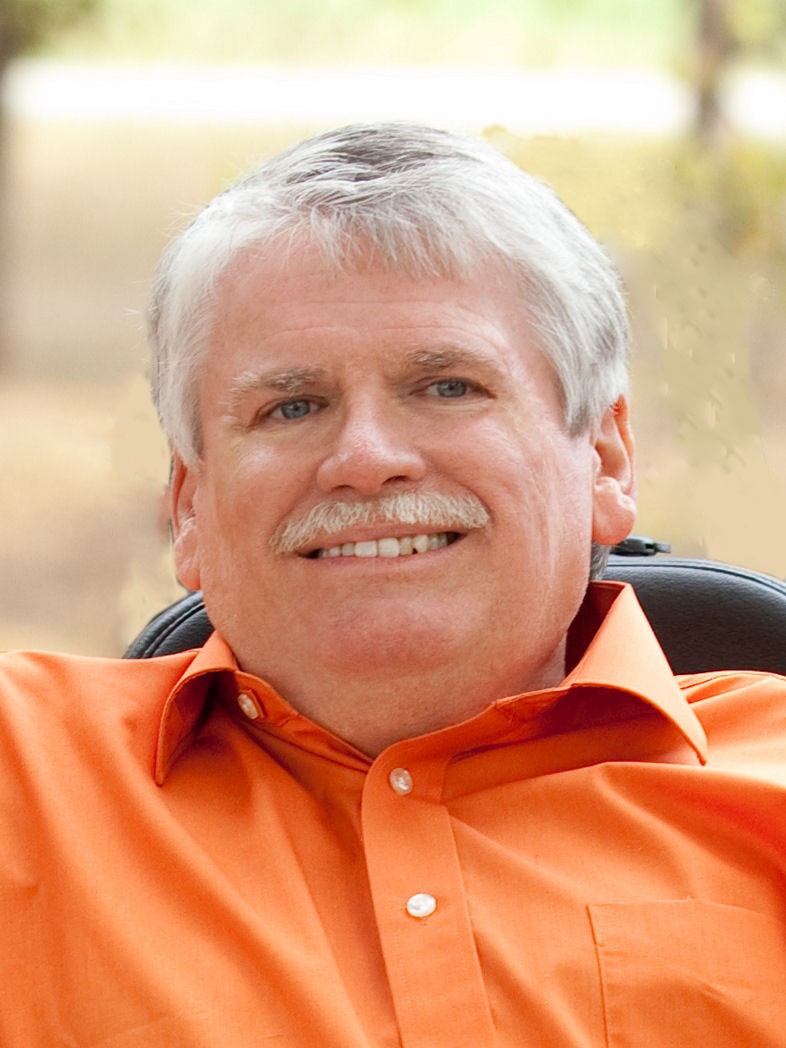When someone shares a prayer request, what do you hear?
We’ve been programmed to tell others when we have a need for God’s help. Many of us grew up going to Wednesday prayer service, where a significant block of time was designated to ask others to pray for us. We listened as people talked about illnesses or upcoming medical procedures. We heard tales of wayward children, broken families and suffering of all kinds. Usually, someone would encourage us to pray for our country or the whole world facing uncertain situations.
Occasionally, we even heard what was called an “unspoken request.” This one always baffled me. It never made sense that someone wanted me to talk to God on their behalf, but they didn’t trust me enough to tell me what was happening in their life. I’m probably way off base with this, most likely because I’m a private person when struggling with something. I tend not to air my dirty laundry, and simply telling people I have an “unspoken request” indicates I have some dirty laundry.

Terry Austin
Anyway, back to my original question.
When someone shares a prayer request, I don’t think we hear enough of what they’re saying. What we typically hear is a person asking for God’s help, and we tend to chime in and declare, “I can help you pray for that.” And we’re pretty good at that. Most of us take it seriously when asked to pray for someone. We do pray. We join the person in seeking God’s help on behalf of the other person.
That’s a good thing because there are numerous Scripture references encouraging us to pray for one another. We should care enough about others that we sincerely want God’s best for them, and prayer is a way to make that happen. We should be diligent in praying for one another. The truly diligent often keep a list to make sure no request is overlooked or falls through our spiritual cracks.
However, when someone shares a prayer request, it often reveals something more than a wish that people would fall on their knees before God. Sometimes, intercession on their behalf is the most we can do. When people share a “prayer request,” it reveals a need. Rather than asking specifically, they share it in the form of a prayer request.
Let me provide an example. Let’s say I’ve had some unexpected expenses the past few months and fallen behind on my car payments. Instead of asking my friends for money or financial help, I ask them to pray God will provide. That’s a good thing because God is a great provider. That’s precisely what I should do if I’m the one with the need.
“I might not be wealthy, but perhaps I could do more than offer a prayer.”
However, when I hear someone share this need, I probably should hear more than a need for prayer. I need to hear that this person has a financial need. I might not be wealthy, but perhaps I could do more than offer a prayer. Maybe I could take the initiative to learn more about the need.
Many times, we can do more than pray for someone. Listening can provide more information than another item on our prayer list.
When we ask God for something, how does God accomplish that task? Go back to my hypothetical situation about needing money to keep from losing my car. How will God provide? I guess God could give me a winning lottery ticket, but the odds are not good. Perhaps I stumble across a pot of gold at the end of a rainbow. Once again, probably not. This kind of help typically comes by using people. It might be someone who gives money or a person who offers a better job or somebody who purchases an item I sell.
Have you ever heard the expression, “We are Jesus’ hands and feet?”
When we hear someone share a prayer request, we also should listen for a way we can do something and help God. How often do we miss an opportunity to impact someone’s life by settling for nothing more than offering a prayer? Prayer can be an excuse. After all, they didn’t ask for anything else, so apparently, prayer was all they wanted.
“Perhaps prayer is all they have come to expect from us.”
Perhaps prayer is all they have come to expect from us. The early chapters of the book of Acts describe the church in the days immediately after Jesus’ resurrection. Listen to these words:
Everyone kept feeling a sense of awe; and many wonders and signs were taking place through the apostles. And all the believers were together and had all things in common; and they would sell their property and possessions and share them with all, to the extent that anyone had need. Day by day continuing with one mind in the temple, and breaking bread from house to house, they were taking their meals together with gladness and sincerity of heart, praising God and having favor with all the people. And the Lord was adding to their number day by day those who were being saved.
Notice what it does not say. There is no mention of how they prayed for one another. It seems they knew one another, and when someone had a need, people responded to meet the need. They were being Jesus’ hands and feet to one another.
Apparently, these folks were living in a much closer community than we experience today. Still, even though we can’t replicate that situation, we can learn from their actions. When another person has a need, don’t just pray — do something.
I don’t mean to suggest that activity is always a better option than praying. That would be ridiculous. When Mrs. Wilson asks us to pray for her cousin in Seattle who is having heart surgery, the best thing we can do is pray. But it might not be the only thing we can do. We can be sensitive to Mrs. Wilson, who might be anxious about her cousin’s health. Perhaps a few private words of support or a sit down with a cup of coffee could help. Personally, I have been encouraged when someone asks a few days later about the situation. Just hearing that we care can be helpful.
I don’t know if this means anything, but Jesus never offered to pray for anyone, nor did anyone ever ask him to pray for them. I know it might sound foolish that Jesus would be praying to himself, but I wonder if it was not a thing because people asked directly for what they needed, not prayer support. In fact, when the blind men called out to Jesus, he said, “What do you want me to do for you?” What if people felt comfortable asking for what they need along with the prayer request? For example, “I have a financial need. Would you pray for me, and if there is anyone who could help, that would be even better.”
For this to happen would require a great community where people care for one another and desire to be Jesus in the world. But isn’t that what the church always should be? There are numerous ways we can help when hearing a request for prayer. Prayer is only one of them.
Terry Austin says from his first day of life he was taught to love the church. He has lived out that passion in various ways as a pastor, church consultant, author and critic. He is currently a full-time writer and book publisher and actively engaged with house churches.
Related articles:
A vote is ‘a kind of prayer,’ Warnock says in first Senate speech
The recovery of prayer at the turn of the age | Opinion by Stephen Shoemaker
Who’ll be there at the end of your prayer? | Opinion by Bob Newell


